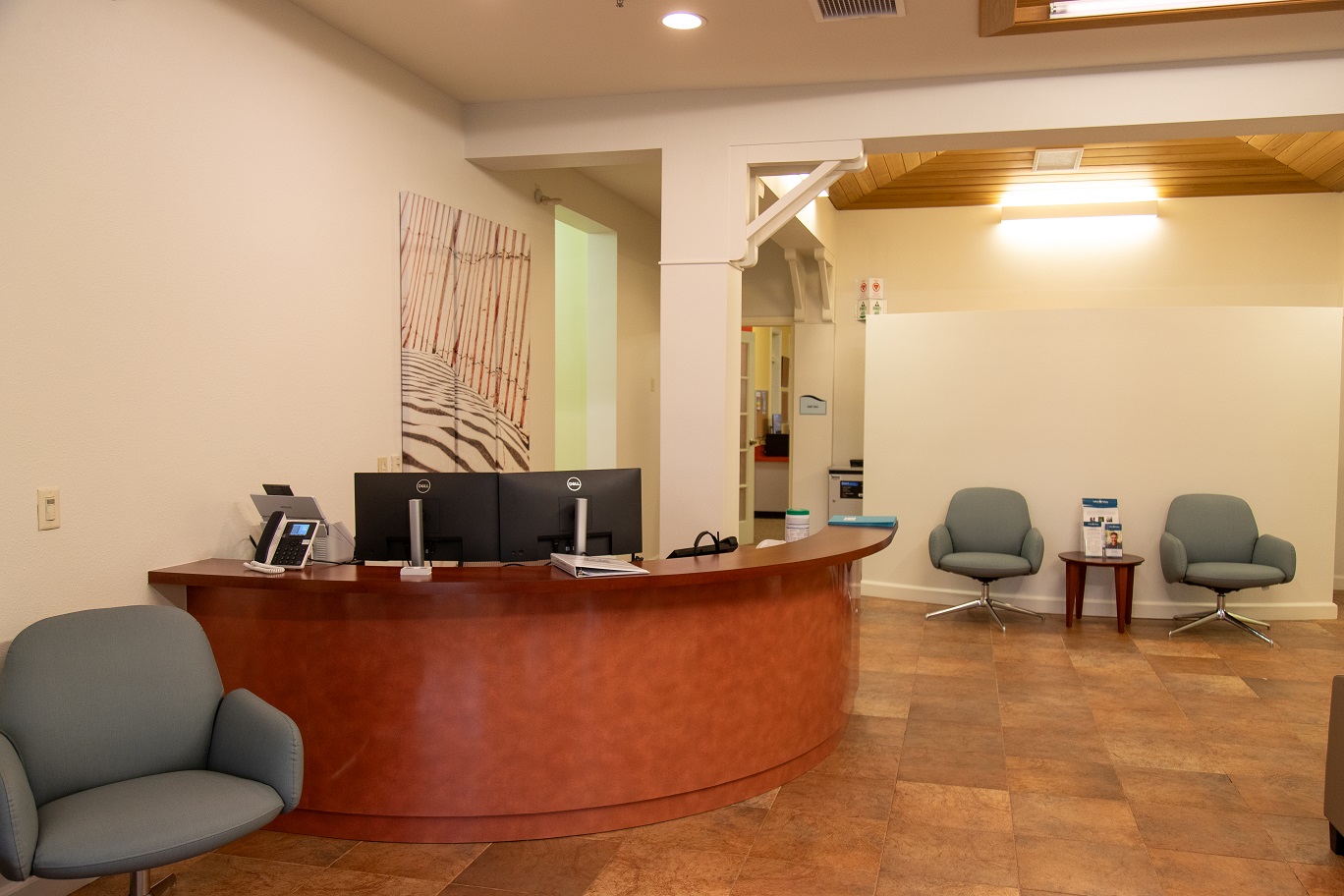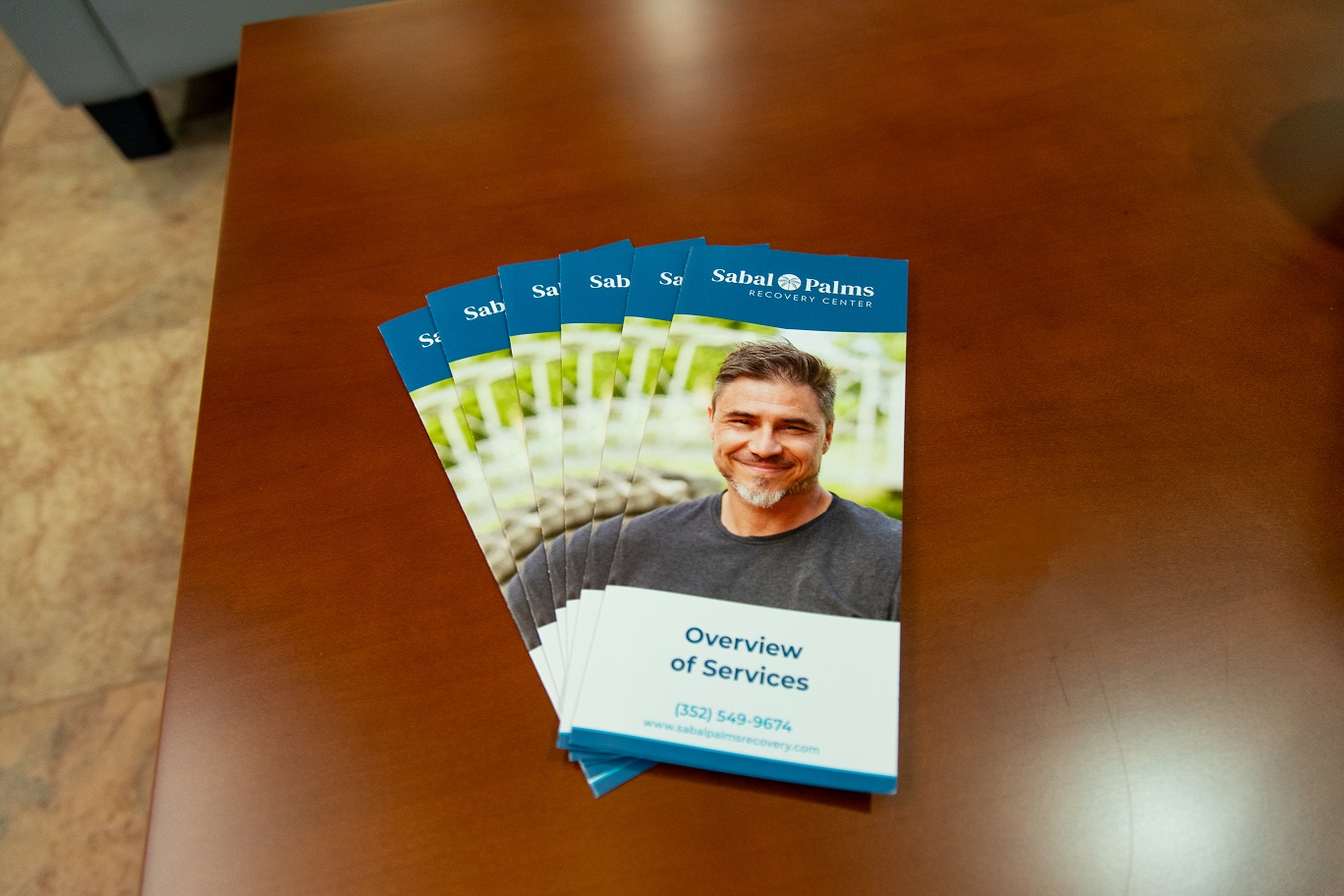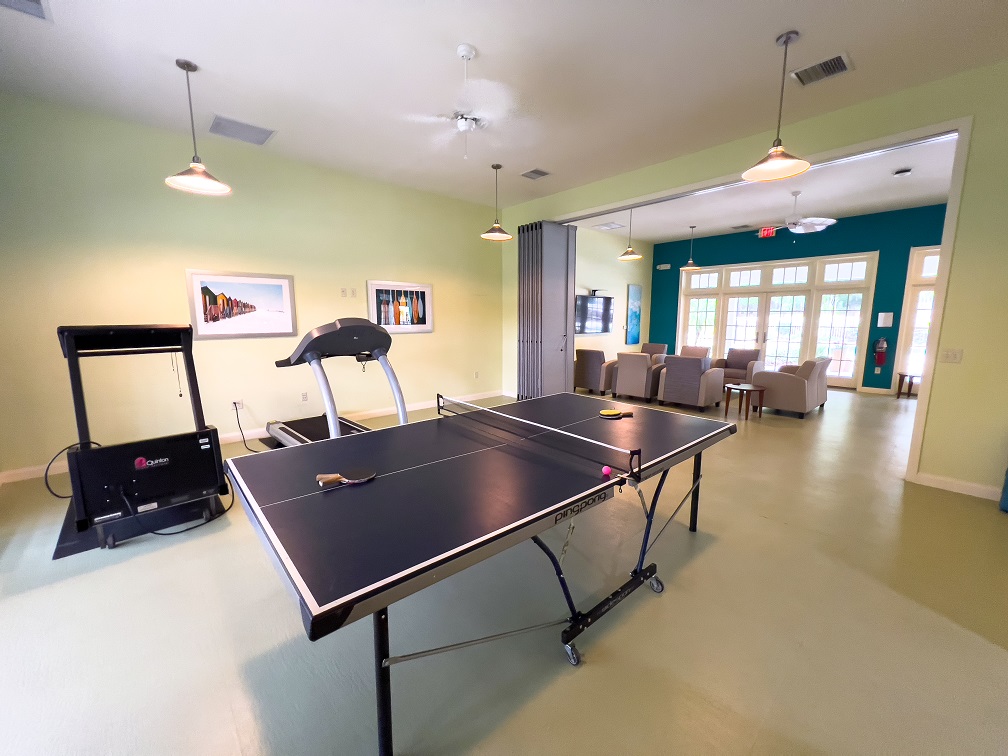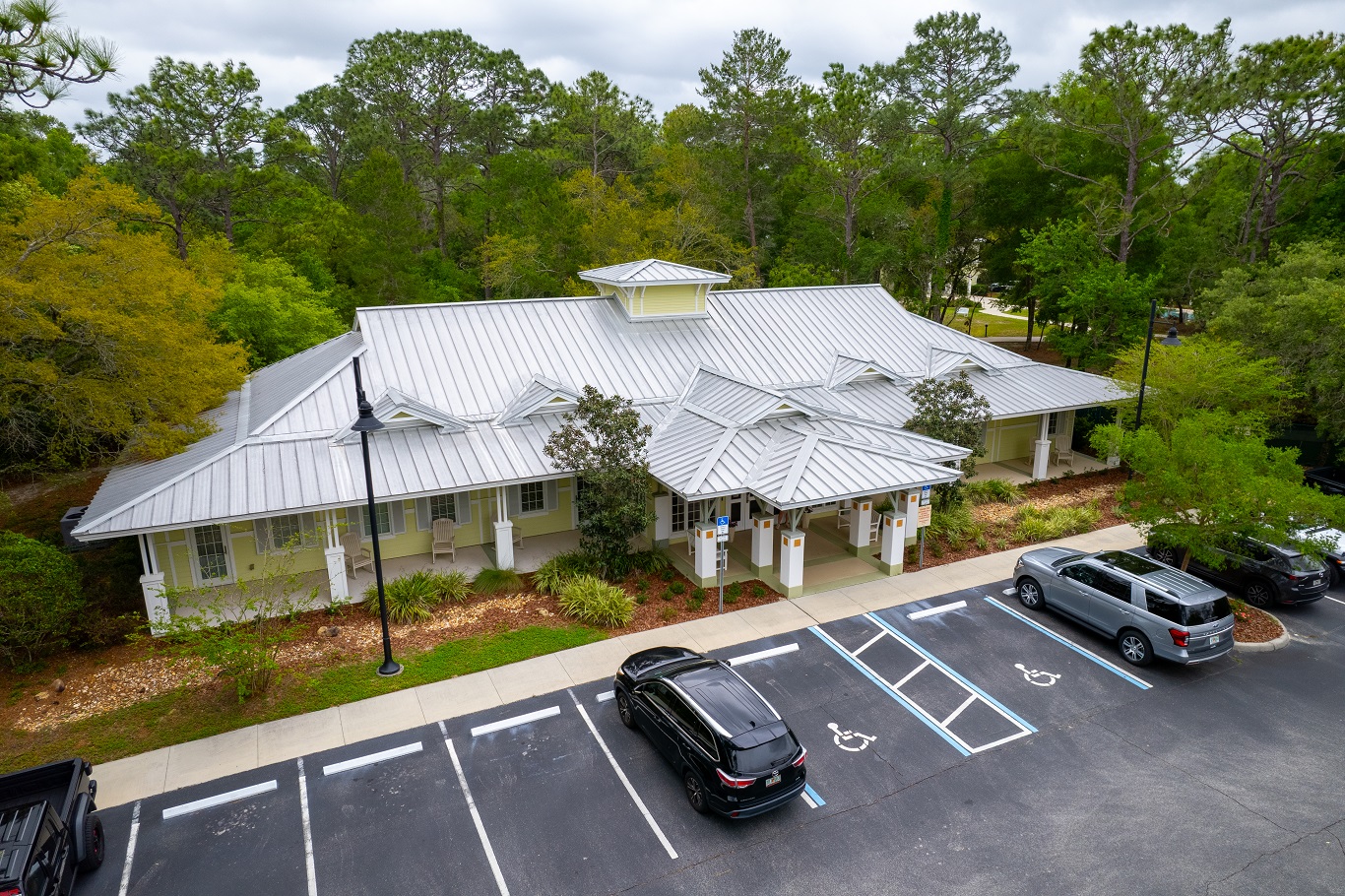At Sabal Palms Recovery Center, we provide treatment for adults age 18 and older who are struggling with substance use disorders and co-occurring mental health concerns. Our clients can receive personalized care designed to help them stop using opioids and achieve recovery.
Signs & Symptoms of Opioid Addiction
Anyone who uses an opioid is at risk for developing an addiction to it. Opioid addiction can lead to poor physical health, damaged relationships, and difficulty in achieving your personal and career goals. However, healing is possible. Receiving professional treatment can help alleviate withdrawal symptoms and give clients the chance to develop new skills that lead to lasting recovery.
Using illicit opioids like heroin and fentanyl or taking prescription painkillers in higher doses for a longer time than prescribed can lead to opioid use disorder. If someone is abusing opioids despite negative impacts on their physical, emotional, and social health, they may be struggling with an addiction.
Signs that you or someone you love may have an opioid addiction may include:
- Trying yet failing to reduce or stop opioid use
- Overwhelming cravings for opioids
- Needing larger amounts of opioids to achieve the desired effects
- Spending increasing amounts of time and money buying and using opioids
- Giving up activities and relationships that were once important to you
- Using opioids as a way of addressing emotional needs
- Wearing long sleeves and pants in hot weather to hide injection sites
Common physical symptoms of opioid use disorder are:
- Slurred or slow speech
- Constricted pupils
- Persistent constipation
- Impaired motor function
- Irritated skin
- Weight loss due to lack of appetite
- Respiratory problems
- Needle marks
- Drowsiness
- Lack of coordination
If you are experiencing any of these symptoms, receiving addiction treatment can help you achieve lasting recovery. If you have any questions about how our team at Sabal Palms Recovery Center can help you, please reach out to our admissions team today. Our staff is available 24/7 to answer your call.
Common Causes of & Risk Factors for Opioid Addiction
People from every background can develop addictions to opioids because of the way opioids bind to receptors in the brain, activating the brain’s reward system. However, some people may be more at risk for developing an opioid addiction than others. Common causes of and risk factors for opioid addiction include:
- Genetic factors
- Prolonged use of prescription opioids for pain relief
- Access to opioids
- Peer pressure
- Exposure to trauma or stress
- Prior substance use
- Mental health concerns
- Unemployment and poverty
- Unstable home life
Opioid Addiction Statistics
In a recent study on opioid overdose, the World Health Organization reported the following information:
- Drug use causes nearly 600,000 deaths each year, and the majority of those deaths are related to opioids.
- Approximately 62 million people used opioids in 2019.
- Opioid use can cause breathing problems and lead to overdose and death.
- There is evidence that drug dealers may be adding fentanyl to other opioids without informing their buyers.
In response to the growing use of opioids, the World Health Organization recommends the following preventive measures:
- Increasing the availability of opioid addiction treatment
- Reducing inappropriate opioid prescribing
- Monitoring opioid prescribing and dispensing
- Restricting inappropriate over-the-counter sales of opioids
Effects of Untreated Opioid Addiction
Opioid addiction can negatively impact a person’s physical, psychological, and social well-being.
Common physical health effects of opioid abuse include:
- Respiratory health problems
- Liver damage
- Gastrointestinal issues like constipation
- Increased tolerance
- Hormonal imbalances
- Cardiovascular impairment
- Withdrawal symptoms
- Increased risk for infectious diseases
Psychological and emotional effects of opioid addiction may include:
- Cognitive problems
- Higher risk for developing co-occurring mental health concerns
- Anxiety
- Emotional numbness
- Irritability
- Impaired judgment and decision-making
Social and interpersonal effects of opioid use disorder can include:
- Isolation
- Strained relationships
- Legal and financial problems
The effects of opioid abuse can be devastating. However, opioid addiction is treatable. Evidence-based therapy and detox services can help those who are struggling with opioid use disorder heal. At Sabal Palms Recovery Center, we provide life-changing treatment to help people achieve lasting recovery.
Symptoms of Opioid Withdrawal
Opioid withdrawal symptoms can vary depending on how long and how much someone has used opioids. However, common opioid withdrawal symptoms include:
- Intense desire to use opioids
- Cognitive problems such as memory impairment and difficulty concentrating
- Agitation and irritability
- Sleep disturbances
- Dilated pupils
- Goosebumps
- Sweating
- Chills
- Hot flashes
- Gastrointestinal problems like nausea, vomiting, and diarrhea
- Flu-like symptoms
- Muscle aches
- Depression
- Rapid heartbeat
- Loss of appetite leading to weight loss
- Tremors
- Increased blood pressure
The severity and duration of withdrawal symptoms can vary widely from person to person depending on how long they used opioids and what type of opioids they used. The withdrawal process can also be different for people depending on their age, background, and health. Some people may experience mild symptoms that last for a few days, while others may have more prolonged and intense withdrawal symptoms that persist for several weeks. Participating in a detox program like ours can help clients go through the withdrawal process safely and effectively, preparing them to continue treatment that can lead to life-changing improvements.
Therapies We Use To Treat Opioid Addiction at Sabal Palms Recovery Center
At Sabal Palms Recovery Center, residential treatment for opioid addiction includes evidence-based therapies that are provided by mental health and medical professionals who specialize in addiction treatment. These therapies include:
- Cognitive behavioral therapy (CBT): CBT is a therapeutic intervention that helps clients identify and change negative thoughts, beliefs, and behaviors associated with addiction. Using CBT, therapists help clients develop coping strategies and improve problem-solving skills so that they can prevent relapse.
- Individual therapy: In an individual therapy session, a client can meet one-on-one with a social worker or licensed professional counselor. Here, the client can share their thoughts and receive professional insight.
- Group therapy: At Sabal Palms Recovery Center, clients attend daily group therapy sessions led by our behavioral health professionals. In group therapy sessions, clients can share their experiences, support one another, and learn about topics such as coping strategies.
- Family therapy: In family therapy sessions, our goal is to help clients and their families improve relationship dynamics and learn more about addiction. We offer family therapy depending on the client’s needs.
Based on your goals, our mental health professionals will create a personalized treatment plan that combines appropriate services and therapies. We can simultaneously address substance use disorders and co-occurring mental health concerns to help our clients achieve optimal outcomes.
Why Choose Our Opioid Addiction Treatment Center
At Sabal Palms Recovery Center, we provide clinically excellent care for adults age 18 and older who are struggling with opioid addictions. Our residential treatment center provides a safe and supportive environment where our clients can receive the care they need to achieve lasting recovery.
Every client who receives care at our facility completes a thorough evaluation that helps our team create a personalized treatment plan for them. Treatment plans at Sabal Palms Recovery Center may include:
- Detox services: For each client who arrives at our treatment center with toxic substances in their system, we provide a detox program that typically lasts five to seven days. During this time, our medical team oversees their withdrawal process to ensure their safety and comfort.
- Basic medical care: Our medical director, nurse practitioners, and nursing staff provide medical care for clients who need it.
- Medication management services: You can see our psychiatrist daily, and a nurse practitioner, licensed practical nurse, or registered nurse can also help monitor your medication needs.
- Evidence-based therapy: We provide individual and family therapy as needed along with daily group therapy sessions led by our mental health and medical professionals.
In addition to receiving effective interventions, clients can benefit from the following features of our treatment center:
- A multidisciplinary team of experts: We have a team of experts from multiple disciplines, including psychiatrists, counselors, social workers, registered nurses, general practitioners, physician assistants, and dietitians.
- Long-term care: Our residential program typically lasts 21-30 days.
- Safety and security: Our facility uses leading technology to help ensure your safety and comfort.
- Aftercare planning: Our staff designs an aftercare plan for each client. Your plan may include referrals to outpatient services and other community resources that can help you continue your progress after you’ve left our care.
Sabal Palms Recovery Center provides residential care for clients who want to focus their time and attention on recovery. If you believe that our residential addiction treatment program might help you or a loved one, please contact us today. Our admissions team is available 24/7 to answer your questions about our programming and help you begin the admissions process.

































